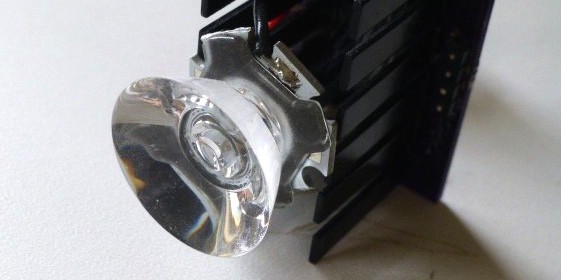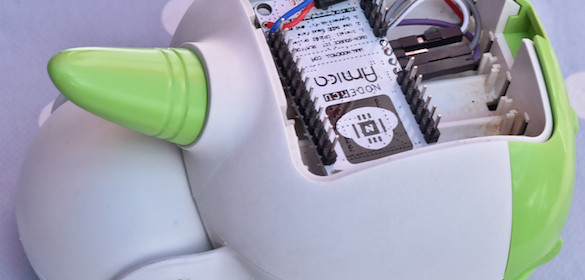MAX7219 serial seven segment displays for ESP8266

Seven segment LED displays are brighter, more attractive and provide a far viewing distance as well as a wider viewing angle as compared to LCD displays. The major drawback of using seven segment LEDs is they are resource-hungry. Our MAX7219 based serial seven segment LED display modules allows you to add 8 digits of seven segment LED displays to your microcontroller project using only 3 I/O pins, and provides full control of all the digit segments including decimal points. You can even cascade two or more of these modules together without sacrificing any extra I/O pin. Since it requires only
Read more

